
Belabored Podcast #186: “A Boss Is a Boss”
Two organizers discuss recent efforts to unionize nonprofit workers. Plus: an interview with Chicago teacher Kenzo Shibata about the first day on the picket line.
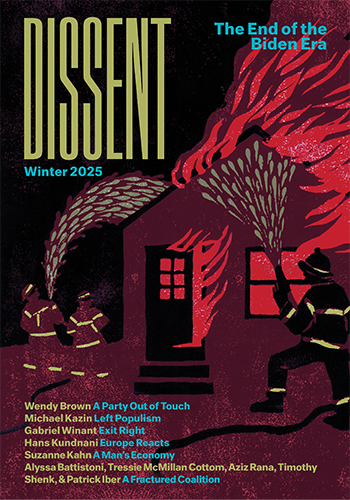

Two organizers discuss recent efforts to unionize nonprofit workers. Plus: an interview with Chicago teacher Kenzo Shibata about the first day on the picket line.

In the face of an aggressive assault by the right, the abortion rights movement should abandon its defensive stance and advocate fully integrating abortion into the country’s healthcare system.

Turkey’s invasion of northeastern Syria is a terrible blow for the international left.

What could the political effects be of a media that actually served working-class Americans?

Since the 2016 election, the American press has fixated on rural communities and created a dubious new genre: the Trump Country Safari.

What is the defining achievement of Barack Obama?
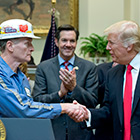
Matt and Sam talk to Max Alvarez—writer, editor, and host of the podcast Working People—about growing up working-class and conservative in a mixed-race household.

Introducing our Fall 2019 special section, “Left Paths in Rural America.”

Join us on Thursday, October 17 at 7 p.m. at Verso Books in Brooklyn for the launch of our Fall 2019 issue.

An inside look at the gig economy. Plus: updates from the GM strike, a teachers’ strike looming in Chicago, and more.
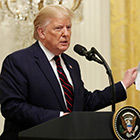
Trump’s impeachment is long overdue. But the Democratic Party leadership’s desire to rush through proceedings points to fears about digging too deep into the corruption of the Washington establishment.

The individualist credo is exacerbating already steep inequality and driving elites to protect their privilege by any means—even criminal ones.
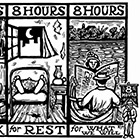
We need to think not only about beating the 1 percent, but also about the kind of world we want to build, the kind of existence we want to have on this earth.
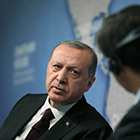
If progressive critics of neoliberalism aim to recuperate the national arena to regain policy space back from global capital, they also need to think hard about how to challenge capitalists they face at home.

Le Guin’s work is distinctive not only because it is imaginative, or because it is political, but because she thought so deeply about the work of building a future worth living.